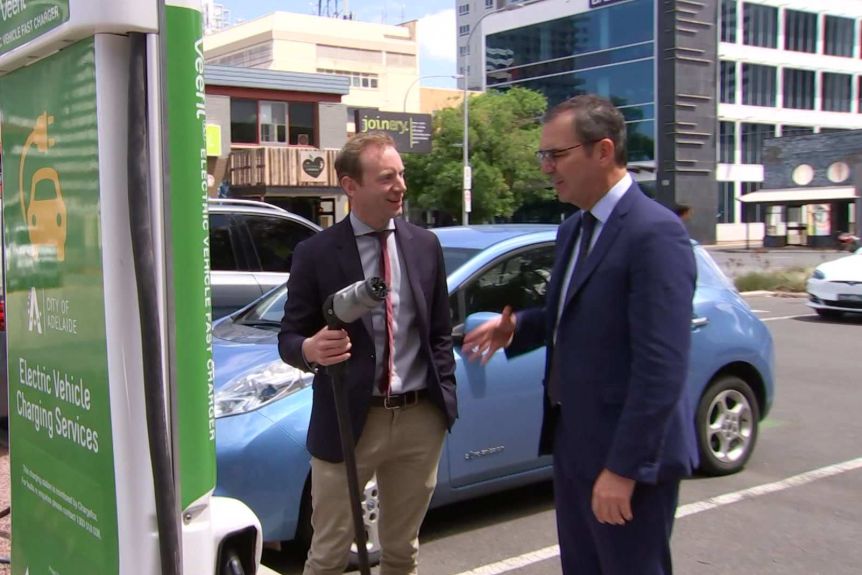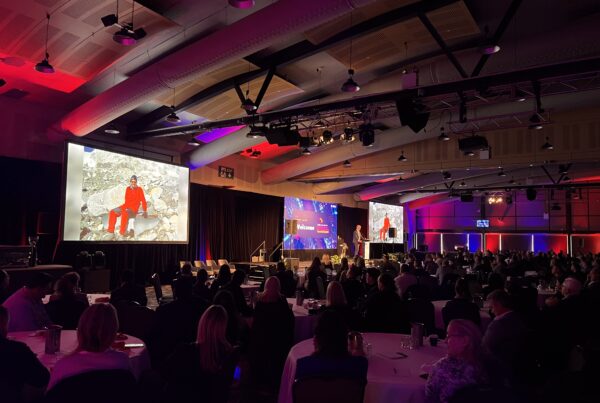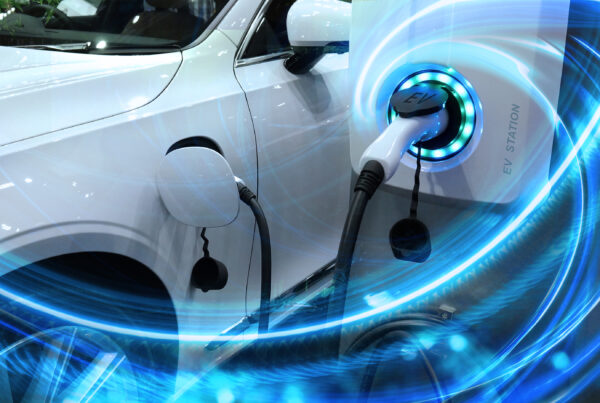In a world first, the South Australian Government plans to introduce a road user charge for electric vehicles from July next year – a move that has firmly divided the industry.
The plan would raise about $1 million per year and grow year-on-year as the EV transition continued across the state, South Australian Treasurer Rob Lucas said in his budget speech.
The charge would include a fixed component and a variable charge based on distance travelled.
Mr Lucas said a “road user charge” on non-petrol vehicles was needed to replace the existing model which sees petrol vehicles charged whenever they fill up at the bowser.
“Someone needs to pay for the road maintenance and upgrade, and it should be the people who are using the road,” Mr Lucas argued.
“I’m pretty confident that over the next 12 months, at least one or two other jurisdictions will announce similar road user charges.”
It means the state will become the first in Australia to impose such charges, and the only jurisdiction to impose such penalties on EV owners while providing no other incentives to purchase.
Electric Vehicle Council CEO Behyad Jafari described that proposal as a “dud” and said it would put Australia at odds with the rest of the developed world.
“South Australia can’t hit their net zero targets with this kind of policy approach,” he said.
“The state is currently at less than one per cent electric vehicle uptake and now they want to introduce the world’s first EV tax.”
The move has also been unpopular with Federal Chamber of Automotive Industries (FCAI) scathing in its comments regarding the new tax.
“The announcement this morning that the South Australian Government plans to introduce a road user charge for low and zero emission vehicles (LZEVs) is simply beyond belief,” FCAI Chief Executive Tony Weber said.
“With its proposal to tax LZEVs through a road-user charging tariff, South Australia is discouraging the uptake of environmentally friendly motoring and is turning its back on the topic of Climate Change.
“The automotive industry realises that excise, and the treatment of motorists and their vehicles, is a long-term issue – but first, we need to have a sophisticated discussion about how we encourage the uptake of all low and zero emission vehicles into our marketplace.”
Conversely the Royal Automobile Association (RAA) was behind the move, noting that it was “probably a good time to look at introducing this scheme” while there were only few electric vehicles on the road.
“Ideally, we would like to see — as would the Australian Automobile Association — this being done in a national approach to introduce any kind of road user pricing for electric and plug-in hybrid vehicles, but the State Government to its credit is looking at this,” Senior Manager for Safety and Infrastructure Charles Mountain said.



















